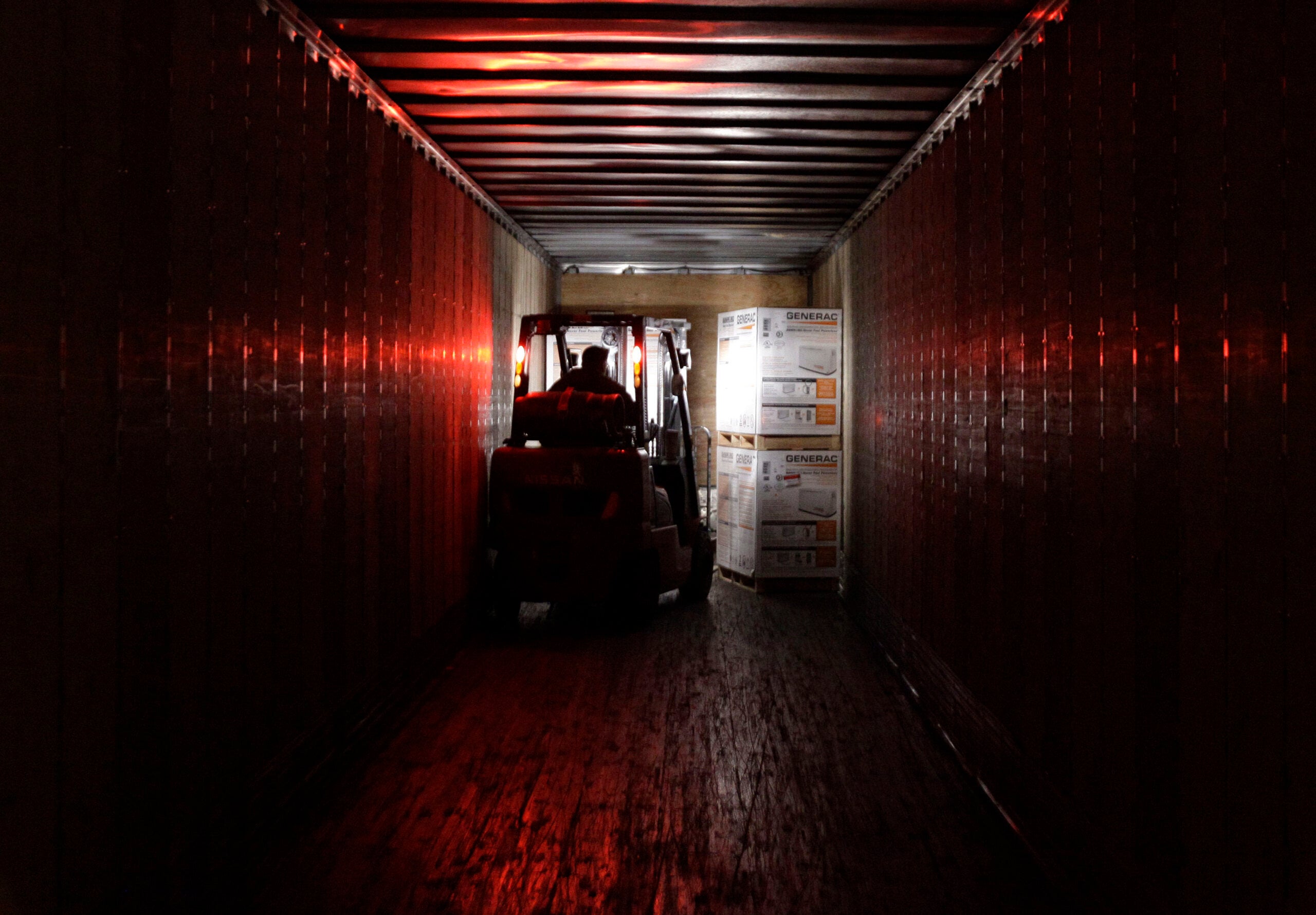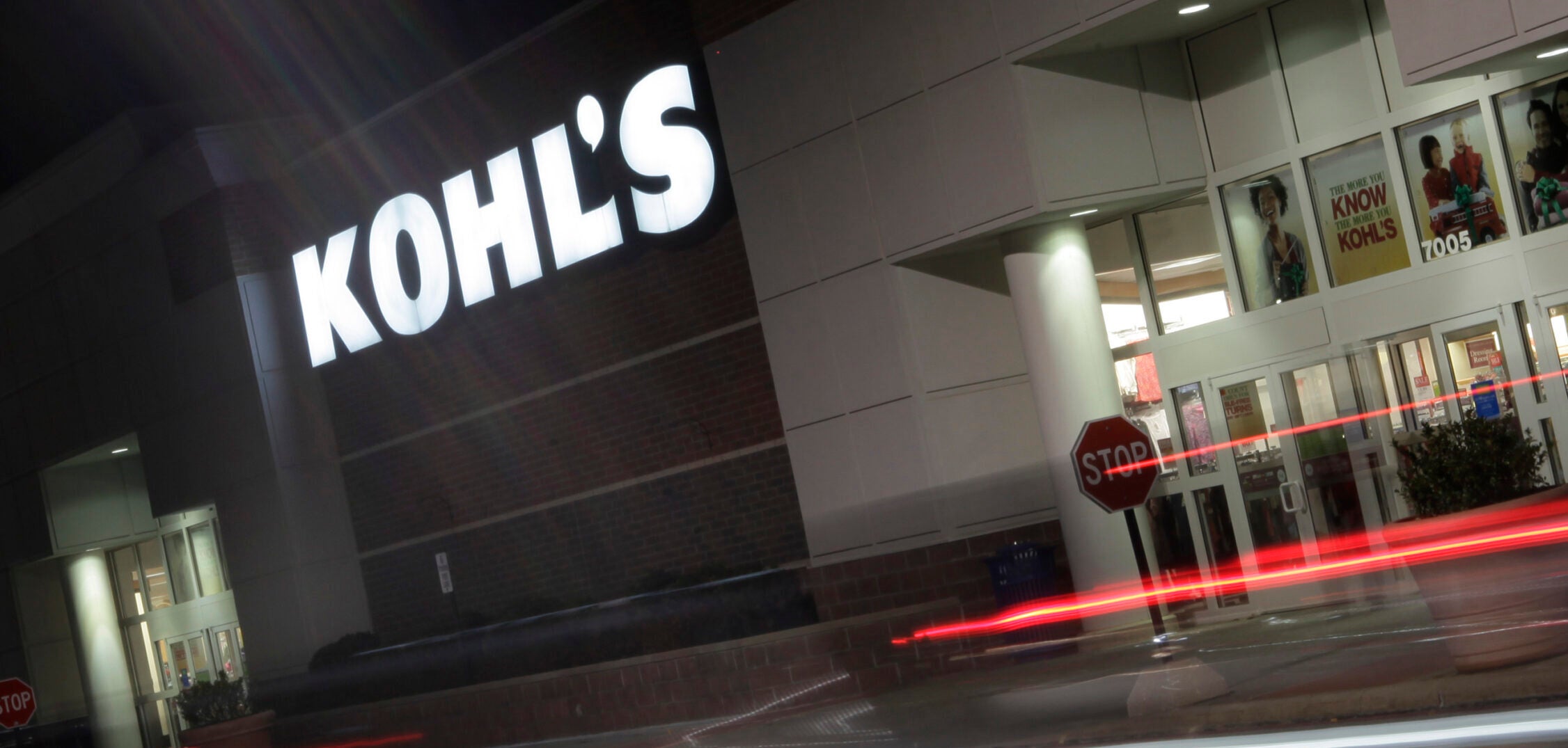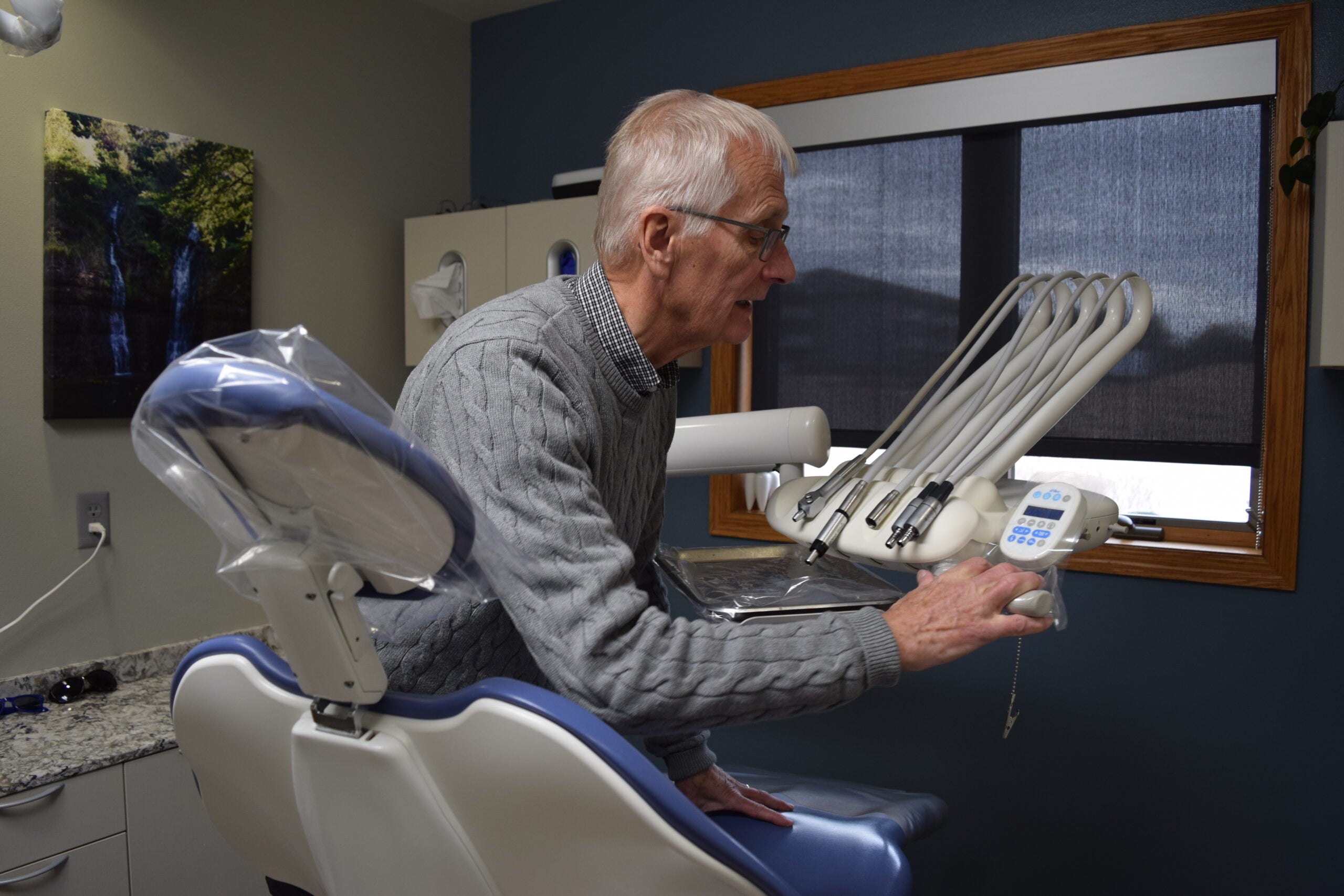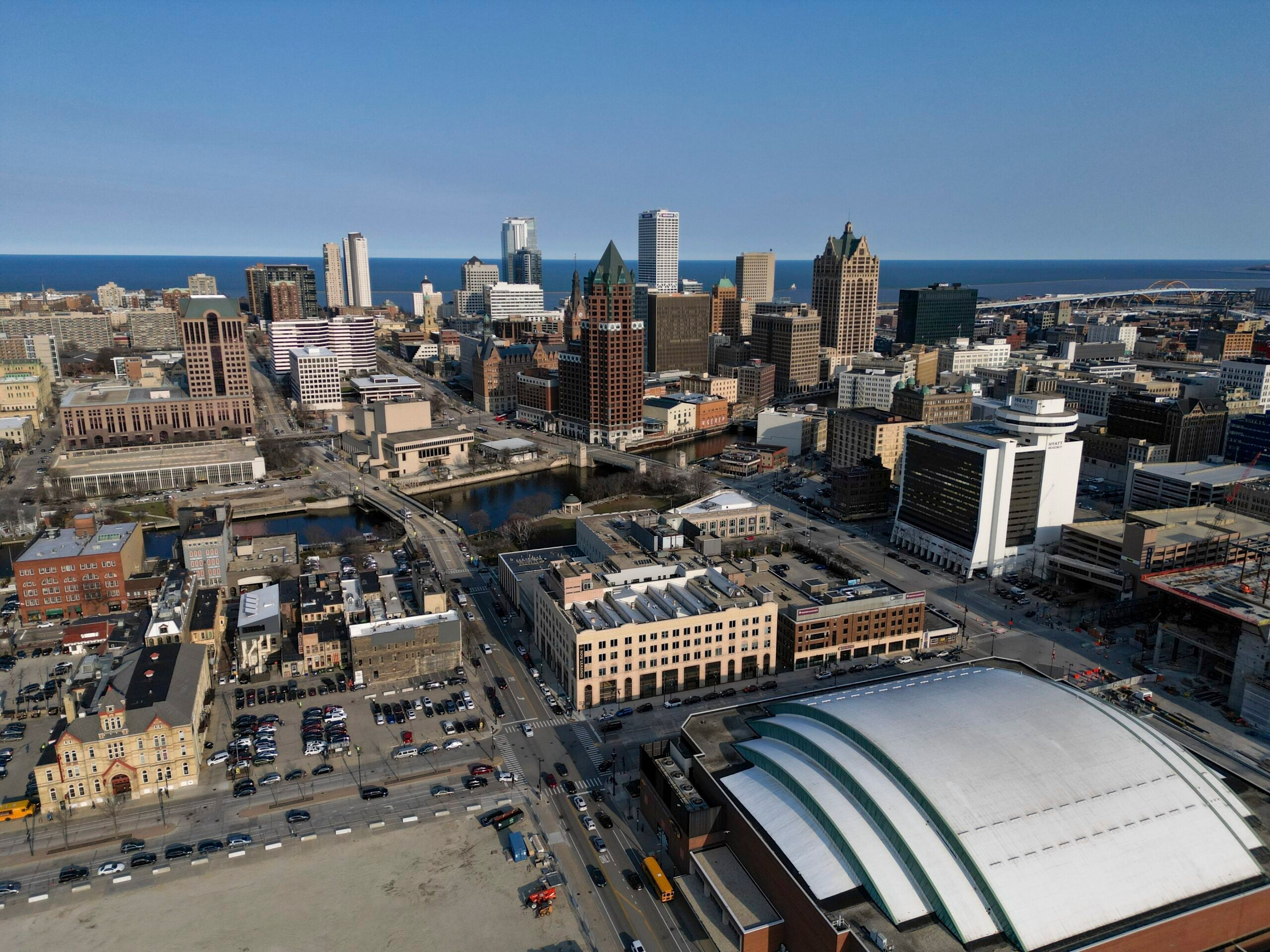Without more people moving to Wisconsin, the state’s working age population is expected to shrink by about 130,000 people within eight years.
That’s according to a recent report by Forward Analytics, the research arm of the Wisconsin Counties Association. The report found that Wisconsin struggles to attract and retain young people. Additionally, research shows that Wisconsin loses more college graduates than it retains.
The state lost at least 106,000 people younger than age 26 over the last decade, which could have long-term consequences for Wisconsin’s labor force, according to the report.
Stay informed on the latest news
Sign up for WPR’s email newsletter.
“Attracting and retaining these young people is critical for Wisconsin,” Forward Analytics Director Dale Knapp said in a statement. “Attracting and retaining them would not only grow the current workforce, it would also help long term as many of these young adults will soon be starting a family and raising the next generation of workers.”
From 2012 to 2020, the report found more than 460,000 families moved out of Wisconsin. Of those families, over two-thirds moved to a state that doesn’t border Wisconsin.
Over the last 10 years, net migration into Wisconsin decreased by almost a third compared to the prior decade and 75 percent from the 1990s, the report said.
Forward Analytics researcher Kevin Dospoy, who authored the report, said young people typically leave the state for better paying career opportunities in big cities.
“At the same time, the baby boomer generation is fully retiring,” he said. “This is not necessarily unique to Wisconsin — the workforce shortage is kind of everywhere — but it’s a little bit more acute in Wisconsin since we are losing so many young people.”
Wisconsin Policy Forum researcher Joe Peterangelo authored a 2019 report examining the state’s difficulty retaining college graduates.
The report, titled “Wisconsin’s Brain Drain Problem,” found that the state loses more college grads than it retains. The study found that between 2006 and 2016, an average of 82,965 people left the state, while an average of 76,560 people moved into the state. In fact, a recent analysis by the Washington Post found that Wisconsin loses a little more than 20 percent of its college grads on average.
Peterangelo said a net loss of college graduates has a negative impact on the state’s economy because many jobs that require a college degree are associated with innovation and economic growth.
“The economy continues to become more knowledge-focused and requires higher levels of education,” he said. “So not being competitive with other states in attracting college graduates is a challenge just from that perspective.”
The Forward Analytics report found that one way to lure young people back is to promote Wisconsin as a good place to raise a family.
Dospoy said it’s hard for Wisconsin to compete with big cities like Chicago, Los Angeles, Minneapolis and other large metro areas in terms of the types of jobs available, so it needs to promote its strengths.
Those strengths include a cost of living 5 percent lower than the national average, quality K-12 schools, the University of Wisconsin System and outdoor amenities, he said.
“There are recreational and educational opportunities in Wisconsin,” Dospoy said. “We have great communities. I think we just need to highlight those strengths because a lot of people just don’t know that about Wisconsin.”
The Forward Analytics report found that opportunities exist for Wisconsin to attract some of the people it lost who are under 26.
From 2012 to 2016, Wisconsin lost 12,219 families, in which the tax filer was between 26 and 54, according to the Forward Analytics. But that trend reversed itself from 2017 to 2020, when the state had a net increase of 1,128 in that age range — with 760 coming in 2020, the report said.
“It looks like what we’re seeing is that younger people are moving for jobs or school,” Dospoy said. “But when they start raising kids and having families, they move back to places like Wisconsin because we are such a great place to raise a family.”
While there’s hope for bringing back some of the people who left, retaining more college graduates could be a tougher task.
Peterangelo said keeping college grads in Wisconsin could require providing tax incentives to those who stay in the state and recruiting more out-of-state students into the UW System.
He said boosting wages and increasing job opportunities also may make Wisconsin more competitive.
“If one of the competitive disadvantages we have in Wisconsin is that we pay lower wages, for a lot of occupations that require college degrees, then it could be that finding ways to raise those wages would be another effective approach,” he said.
Wisconsin Public Radio, © Copyright 2025, Board of Regents of the University of Wisconsin System and Wisconsin Educational Communications Board.





